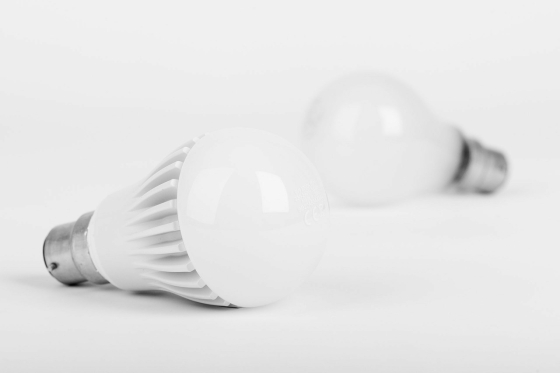The Benefits of LED Lights
<span>Technology is advancing these days at what can only be called light-speed. Aspects of everyday life are continually being improved upon, and this is especially true for the light bulb industry. Wit...span>

Technology is advancing these days at what can only be called light-speed. Aspects of everyday life are continually being improved upon, and this is especially true for the light bulb industry. With so many new rules and regulations regarding energy consumption and eco-friendly electrical appliances, the old halogen bulbs are slowly being outlawed in favour of modern alternatives such as the LED light. LEDs, or light-emitting diodes have come to prominence in the last few years to coincide with traditional incandescent bulbs being taken off the market. Companies such as BLT Direct, one of the UK's largest suppliers of lighting solutions, have huge ranges of LED lights on offer. But what's so good about LEDs?
The biggest difference between traditional bulbs and LED light bulbs is their life expectancy; an incandescent light bulb can last for up to 5,000 hours where an LED light has an average lifespan of 100,000 hours – that's 11 years of continuous operation! This makes the LED not only good to use as a regular lighting solution, but ideal for lights which may be in difficult places to access, impairing the ability to change them regularly. The staggering lifespan also contributes to money-saving; a single LED may cost more than an old-fashioned incandescent bulb but money will be saved over the number of replacements that will have been escaped by using an LED.
The savings also translate to power and energy, keeping electricity bills lower than ever. LED bulbs operate at 80% efficiency, meaning that LEDs convert 80% of their energy into light, as opposed to the mere 20% of the older types of bulb. If all lights in all homes were changed to LEDs there would be massive effects for electricity bills. Unlike halogens or incandescent bulbs, LEDs produce light and no heat, upping their efficiency massively. They also don\t produce any harmful UV radiation, meaning that they don\t only help to cut energy costs, but carbon footprints too. When it eventually does come to changing an LED light bulb (in many decades time), they are easily recyclable as they don't contain any Mercury and will not damage the environment.
LEDs are just as adaptable as halogen and incandescent bulbs, if not more so. They come in a wide range of shapes and sizes to fit any light fixture. The selection of colours they are available in is also fairly extensive, from the decorative blue, red and green to shades resembling daylight which can be used to brighten up any room without access to natural light.
To find out more and order online, visit Our Website
About BLT Direct: BLT Direct are an online supplier of lighting solutions. They provide a wide range of lighting products, as well as light fittings and lamp disposal services, and are committed to offering energy efficient solutions to meet a wide range of home and business lighting needs.
